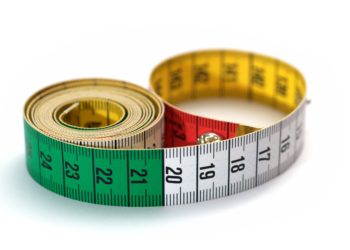 Retractions of scientific papers have been growing in number. At the same time, there is a heightened awareness of retractions in the media, among journal editors and publishers, and among researchers themselves. This awareness is, in part, due to the effort of Retraction Watch, a journalism initiative started in 2010 by Ivan Oransky and Adam Marcus that reports on retractions and the stories behind them. In this episode, marking the fifth anniversary of Retraction Watch, Oransky talks with podcast host Michael Clarke about the causes, trends, and problems with retractions of scientific research papers.
Retractions of scientific papers have been growing in number. At the same time, there is a heightened awareness of retractions in the media, among journal editors and publishers, and among researchers themselves. This awareness is, in part, due to the effort of Retraction Watch, a journalism initiative started in 2010 by Ivan Oransky and Adam Marcus that reports on retractions and the stories behind them. In this episode, marking the fifth anniversary of Retraction Watch, Oransky talks with podcast host Michael Clarke about the causes, trends, and problems with retractions of scientific research papers.
A previous Scholarly Kitchen interview with Oransky was published in 2012 and can be found here.
Listen:
Subscribe:
Discussion
4 Thoughts on "Scholarly Kitchen Podcast: Ivan Oransky and Retraction Watch"
It seems to me that Retraction Watch is lumping bad science with ethics problems. For instance, faking data is very different from not having a subject release form. Both result in a retraction but for very different reasons.
Retraction Watch is keenly aware that there are many different reasons for retractions, as Ivan discusses in the interview. One of our discussion points is that journals often doesn’t say why a paper was retracted. Another is Retraction Watch’s positive coverage of a retraction for honest experimental error.
Great interview Michael, and I’m glad to see the SK help promote RWs anniversary. I think Ivan and Adam have done a fine job building their blog through the years and my sense is that while publishers used to deal with them with some trepidation, that is no longer the case (or at least I don’t think they should). Michael’s points on their journalistic approach (a stark contrast to what we see elsewhere), rings particularly true with me.
I also feel that one of the benefits to their articles is that they show how much more complicated publishing is, and how much more publishers do, than some people realize – the role publishers play is something people don’t often appreciate until something goes wrong. Publishers don’t always get investigations and retractions right, but RW stories shed an informative light on how complex the relationships between publishers, authors, funders, institutions and readers can be. And I think their efforts to destigmatize retractions is very worthwhile.
I’ve learned a great deal from RW and wish them luck as they mature and expand – science is better for it.
Reblogged this on Subspace Radio Signals.



